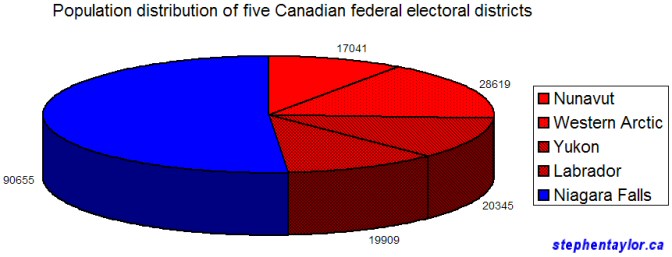I’ve got a number of podcasts coming up for Blogging Tories visitors.
I’ve snagged a number of interviews from CFRA concerning the Governor General designate, Michaelle Jean.
The first podcast however focusses on gas prices as Pierre Poilievre answers callers and discusses the CPC transit plan.
Onto the GG, Pierre Poilievre raises questions about Michaelle Jean’s alleged ties to the terrorist FLQ in the second podcast.
The third podcast is an interview with Stephen Harper concerning Ms. Jean’s alleged ties to separatism.
Finally, a fourth podcast with John Aimers of the Monarchist League discussing the latest information on our Governor General designate.
You can tune into the podcasts by subscribing to the Blogging Tories podcast feed (instructions here).
Or, you can listen to the podcasts on our channel on Odeo.

